As a part of my Master’s degree, I am required, from time to time, to write a public blog based on a number of activities. Whilst the context will only make sense to fellow students and my lecturer, I post the blog here as you, the reader, may get something out of the content, references or the crazy insight to my creative and curious mind.
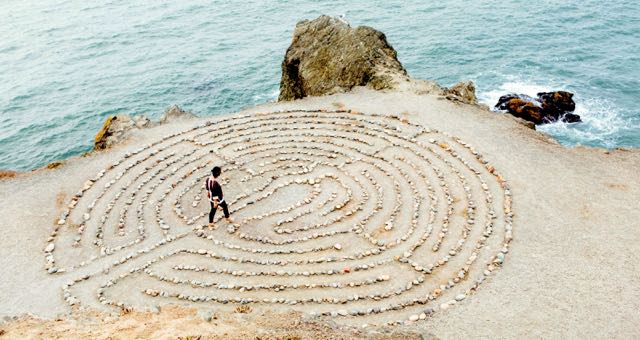
CIM406 CREATIVE INQUIRY
How is curiosity related to creativity and why is it important?
Kashdan and Silvia (2009) define curiosity as the recognition, pursuit, and intense desire to explore novel, challenging, and uncertain events. When curious, we are fully aware and receptive to whatever exists and might happen in the present moment. Curiosity motivates people to act and think in new ways and investigate, be immersed, and learn about whatever is the immediate interesting target of their attention. This definition captures the exploratory striving component and the mindful immersion component. By focusing on the novelty and challenge each moment has to offer, there is an inevitable (however slight) stretching of information, knowledge, and skills. When we are curious, we are doing things for their own sake, and we are not being controlled by internal or external pressures concerning what we should or should not do. (p. 368)
Children ask a lot of questions. They want to know the reasons behind everything which can get a little lost as we grow older. It is vital to nurture this child like attribute. Why? Because curiosity and creativity are intrinsically linked. And why is creativity important? Creativity helps make the world better and contributes to the development of a culture (Tsai, 2012), economy (Spencer, 2012) and individuals’ well-being (Ishaq, 2006).
Curiosity fosters cooperation. By questioning how things work and seeking solutions, more information and feedback forges better relationships. Whether that be in a business context including direct feedback as to why a customer is leaving your organisation, or an employee / employer relationship. Or whether that be in your personal relationships, asking your co-workers or your partner or close friend why they feel a certain way (and being genuinely interested) can forge a closeness, intimacy and a feeling of empathy.
What question can’t you Google?
The reality is that you can Google any question you want, the question perhaps should be “what is a question you can Google that does not give you an answer?”, such as “what am I thinking about right this very second?”
Curiosity and questioning the status quo go hand in hand. Many people like to think of themselves as free thinking individuals, not bound by the limitations of pre-conceived ideas.
In Chris Wire’s TED talk: Curiosity fuel creativity: Chris Wire at TEDxDayton, I like the notion of moving away from quick answers and steering away from becoming a passive consumer of information, instead becoming an active creator.
What’s your curiosity profile?
Looking into Tomas Chamorro-Premuzic’s Curiosity Profiling regarding:
- unconventionality
- intellectual hunger, and
- experiential curiosity
Below are my results and, I ponder and reflect upon the following questions:
You are intellectually hungry.
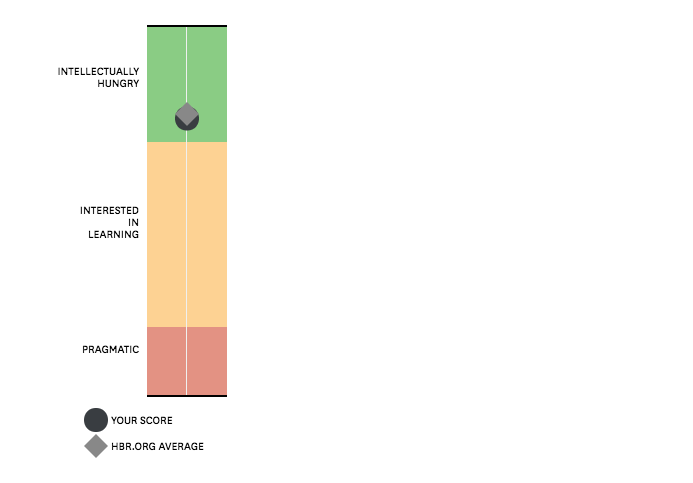
You are an unconventional thinker.
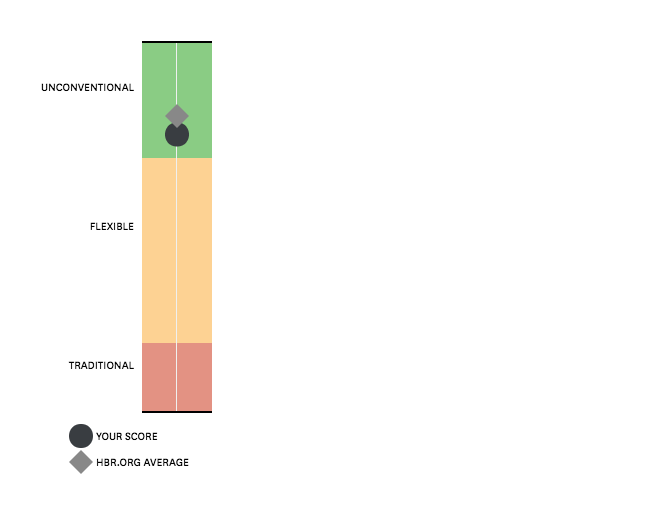
You seek new experiences and relationships.
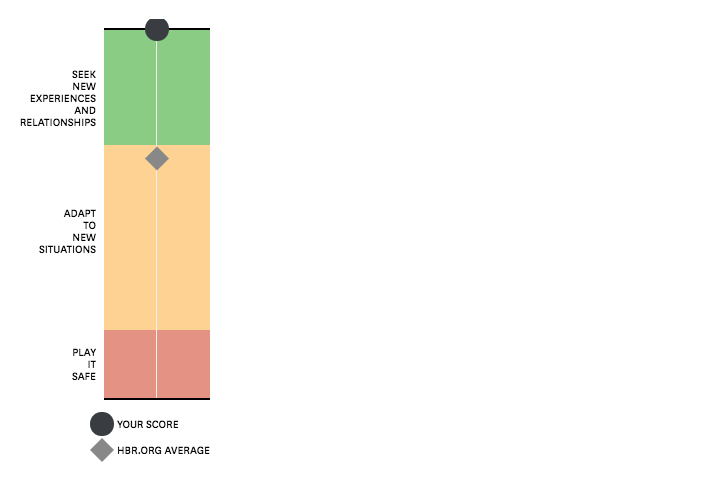
Do the results surprise you?
Not really. I don’t think they are accurate. Though I think our human nature likes to participate in quizzes of this nature in the same way astrological-believers like to read their horoscopes. I believe humans like confirmation of pre-existing thoughts about themselves and quizzes that relate to any sort of personality profiling in the way of an interactive test or questioning, appeal to our sense of identity. People love self-enquiry as it satisfies our egos.
Do you agree with the results?
Somewhat. Though I believe the questions and analysis is too superficial to gain any meaningful information.
Perhaps you take issue with the premise of the quiz?
Yes. For example, are you interested in how “things” work (with an image of a motorbike being worked on) – what an open ended question! Am I interested in how human psychology or business works? – yes. Am I interested in how a motorbike works? Not so much.
In addition, self-judgement may not be the best indicator of inputs to reach meaningful results. Generally, I think people have augmented views about themselves and like to regard themselves as free spirited, creative, unconventional thinkers types more then they actually are.
Are you as curious as you thought you were?
In the context of Tomas Chamorro-Premuzic’s Curiosity Profiling, I was surprised that the majority of the results I ranked lower than the average as I do consider myself a curious person.
What doors did I open?
All of them.
What choices did you make and Why?
I opened in this order:
- emergency exit
- Barn door
- Crime scene
- Police door
- Vault
- Love heart door
I chose the order with a tendency to go towards the doors that elicit danger or risk. Firstly went to the emergency door, hoping to experience a sound, as the door said an alarm would go off if I entered it. But it did not make a sound.
Does this say anything about you?
Many things:
- I have a deep-seated “Fear of Missing Out” (FOMO).
- I don’t like being limited to only one experience.
- I have a desire to learn.
What did you learn?
I skimmed a lot of the material in order to get through all the doors, though specifically I looked at these articles:
How to disagree well: 7 of the best and worst ways to argue
and
Forget Work-Life Balance: Achieve Work-Life Integration by Finding Purpose
What inspired you to dig deeper?
With the first article, what encouraged me to dig deeper is a simple desire to want to be able to argue, debate or put forward ideas in a subjective, independent, reputable, authoritative and intelligent way.
With the second article, what encouraged me to dig deeper was the notion of work life balance. I recently read a book called “The One Thing”by Gary Keller, who states that “While actual balance isn’t possible, the act of counterbalancing is achievable.” I liked this notion and it resonated with me greatly, therefore I was curious to find what others had found along the way.
Did you encounter any rabbit holes along the way?
Yes, articles to do with phycology and behaviour.
Did you enjoy wandering the web with free to discover knowledge at the whim of your curiosity?
Yes.
Did the lack of a clearly defined knowledge quest leave you feeling a little aimless or frustrated?
Not the knowledge quest. Though I certainly feel that I do not have a great deal of direction on the blog outcomes except to answer these questions listed here.
What part of this task did you enjoy most? Why?
Access to more credible and well-though-out resources. Why? Curiosity is a tool for acquiring knowledge. The more curious we are the more information we will seek to find. Collecting information is a helpful tool so that when we need to draw upon knowledge, we know where to find it, of course, only if we know the information exists.
What part of this task did you enjoy the least? why?
The limitless nature of the task. As I am innately a curious and interested person, I can spend hours on this task so the limtless nature of the task (I know, I know, we were meant to limit it to 20 minutes, but who are you kidding?) Why? Putting limitations around curiosity is a helpful tool, as otherwise we can go down the ever-ending rabbit-hole. I also found it frustrating that I was unable to read some of the Harvard Business Review Articles without getting a subscription.
Cultivating Curiosity
My CQ wheel is below:
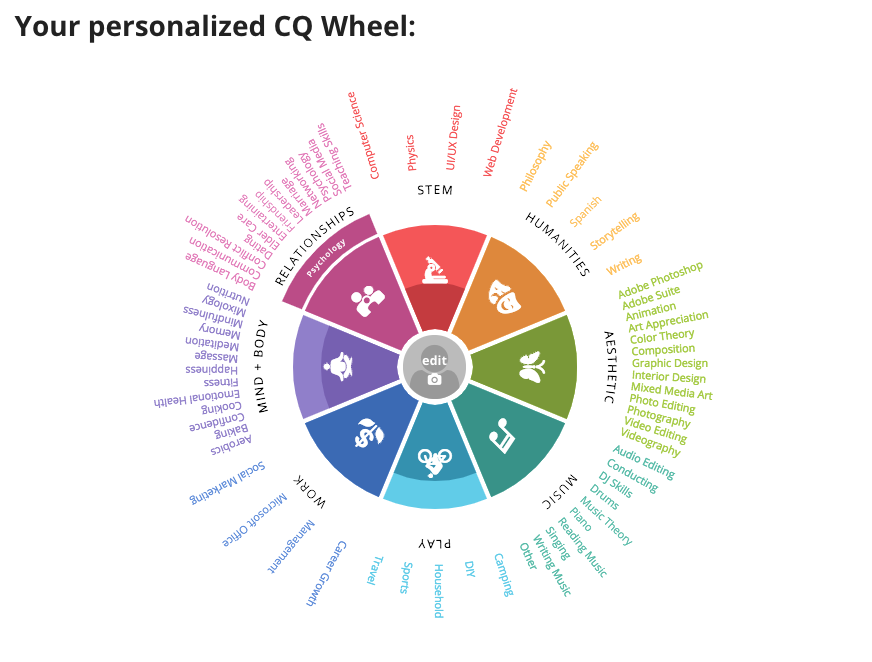
To create a practical strategy for cultivating curiosity for the duration of this course, I commit to:
- Reading books and texts about curiosity that are outside of the prescribed readings and exercises.
- Asking “Why?” more, especially if things don’t go my way or I experience a negative emotion, instead of just accepting it, diving into why I feel a certain way. Curiosity can also help us manage fear and anxiety. Instead of feeling a sense of defeat if we experience rejection or a challenge, being able to understand the origin of these feelings allows us to confront them. Becoming curious about what makes us fearful can help conquer the fear.
- Put healthy limits around “Rabbit-hole” tendencies. For example, be self-aware and “catch myself” doing it and timing myself and harnessing self-discipline to stop going down the ‘You-tube wheel of death!’.
References:
Chamorro-Premuzic, T. (2015) Assessment: What’s Your Curiosity Profile? Retrieved from: https://hbr.org/2015/12/assessment-whats-your-curiosity-profile
Kashdan, T. B., & Silvia, P. (2009). Curiosity and interest: The benefits of thriving on novelty and challenge. In C. R. Snyder & S. J. Lopez (Eds.), Oxford Handbook of Positive Psychology (2nd ed., pp. 367-374). Oxford: Oxford University Press.
Keller, G (2015). The One Thing. Clitheroe, England, Joosr.
Ishaq, A. (2006). Essay: Development of children’s creativity to foster peace. Lancet, 368, S28-S29.
Spencer, G. M. (2012). Creative economies of scale: An agent-based model of creativity and agglomeration. Journal of Economic Geography, 12, 247-271.
Tsai, K. C. (2012). The interplay between culture and creativity. Cross-Cultural Communication, 8, 15-20.
Wire, C. (2014, February) Curiosity fuel creativity: Chris Wire at TEDxDayton. Retrieved from: https://youtu.be/fw3aynVqWs4
